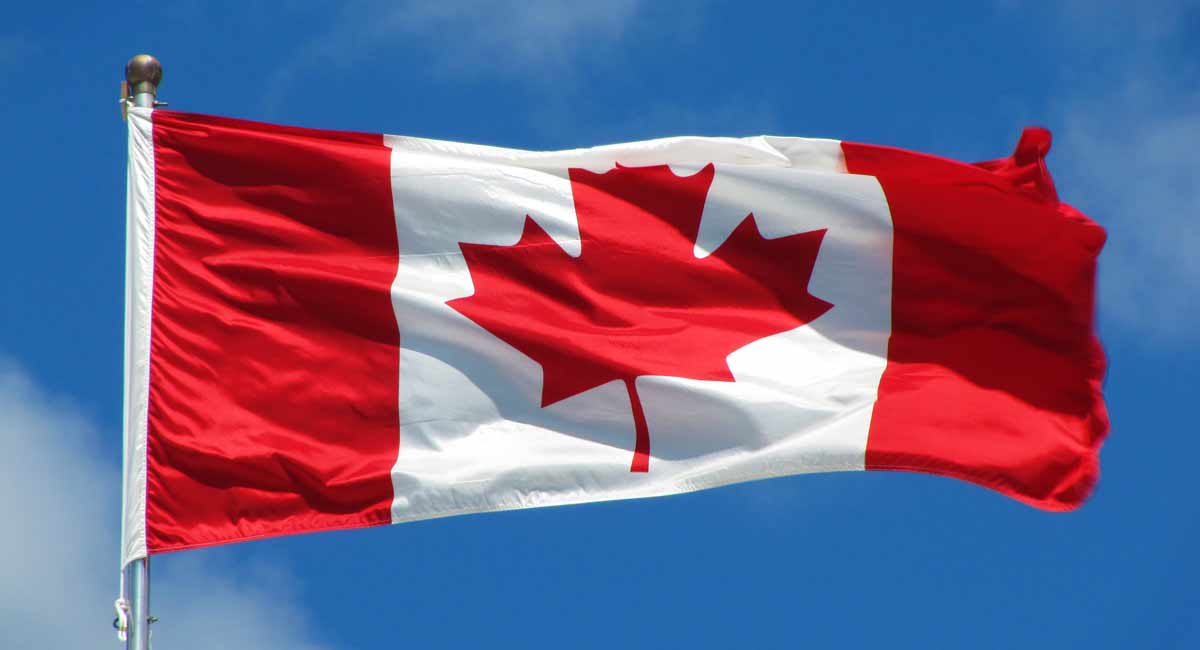A family doctor in London, Ontario, is speaking out as Canada continues to barrel towards implementing an extreme new assisted suicide law. Medical Assistance in Dying (MAiD) was legalized in 2016, but Bill C-7, introduced just a few short years later, has already removed the few safeguards Canada currently has in place. And Dr. Ramona Coelho is sounding a warning against it.
Coelho gave a presentation in May to the Special Joint Committee on Medical Assistance in Dying, discussing the provisions of the criminal code relating to MAiD. The Final Report of the Expert Panel on MAiD and Mental Illness had been submitted to Canada’s Minister of Health, Jean-Yves Duclos, and the Justice Minister, David Lametti, in the beginning of May. Coelho harshly condemned the report, calling it “more dangerous” than she had earlier feared it would have been.
Coelho’s testimony was to represent the marginalized patients she treats in her practice, and she warned these vulnerable patients will be the most likely to die via MAiD — and some already are.
“I warned that many injuries and illnesses are accompanied by transient suicidality that ends with adaptation and support but on average, [lasts for] two years,” she said. “The overwhelming majority of persons after those two years rate their quality of life as the same as age-matched healthy individuals. Offering MAiD in a period of known suicidality would lead to premature deaths of those who would have recovered. Now Bill C-7 is legal.”
READ: The disturbing details of Canada’s bill to expand assisted suicide
She further added that MAiD allows assisted suicide to be presented to patients already expressing suicidal ideation, which is dangerous. “This ignores current suicide research that shows messaging promoting suicide may lead to more people choosing it,” she explained.
One case proving her point was that of a stroke survivor undergoing rehab.
A man had a small stroke affecting his balance and swallowing. The patient was depressed and isolated due to Covid-19 outbreak on his ward. The stroke neurologist anticipated the man would be able to eat normally and regain most of balance. He declined all therapy and psychiatry diagnosed him with an adjustment disorder, but they felt he would improve. However, he requested MAiD.
Neither of his MAiD assessors had any experience in stroke rehabilitation and recovery. In this acute phase while struggling with his mood and isolation, with no therapy to gauge his final level of function, he received MAiD. He had no terminal illness but due to the fact that he was adapting to a slightly thickened diet, and was temporarily slightly undernourished, they considered him track-1 eligible, and he received MAiD the following week. No safeguards were technically broken and yet he died when acutely down, isolated, and had not experienced living with maximal recovery from his stroke.
Coelho also warned that people who wait long periods of time to receive medical care are given the greenlight to undergo MAiD, even though they are not terminally ill and simply need better access to health care. This is not merely theoretical, but a real-world issue, as Canadians seek out MAiD due to long wait times for surgery, or due to disability-related poverty.
As assisted suicide has spread in Canada, people have been increasingly suffering. Palliative care has seen a negative impact from MAiD, and the number of people dying from MAiD has skyrocketed. Vulnerable groups, like indigenous populations and those with disabilities, have pleaded for the government not to expand assisted suicide, to no avail. Far from people choosing to undergo MAiD themselves, vulnerable patients are being pressured into assisted suicide. Even children are not safe.
Dr. Coelho is right. Assisted suicide sets a dangerous precedent, and the people who will suffer the most as it expands are the groups in Canada seen as the least important — and the most vulnerable.
“Like” Live Action News on Facebook for more pro-life news and commentary!







